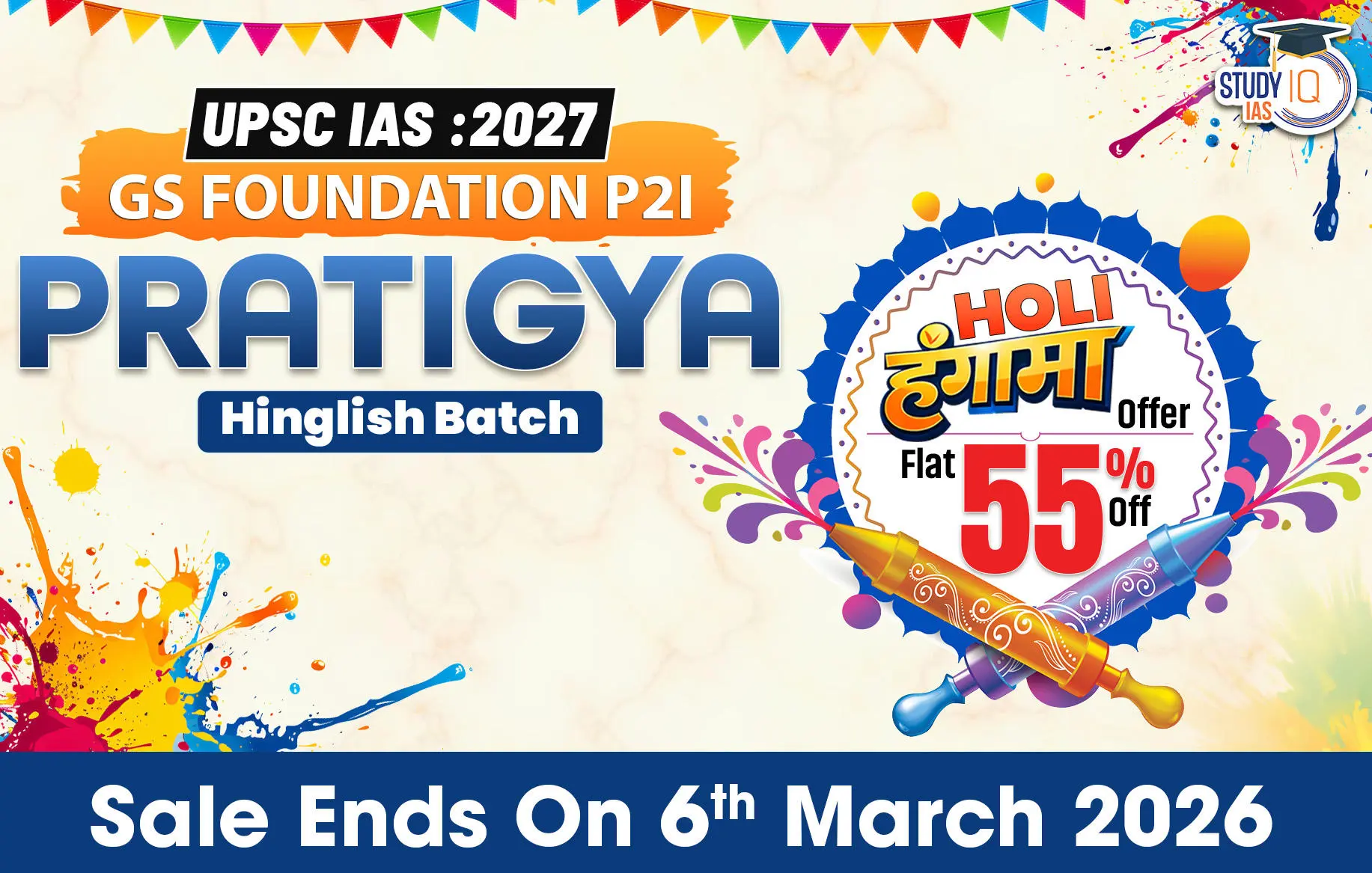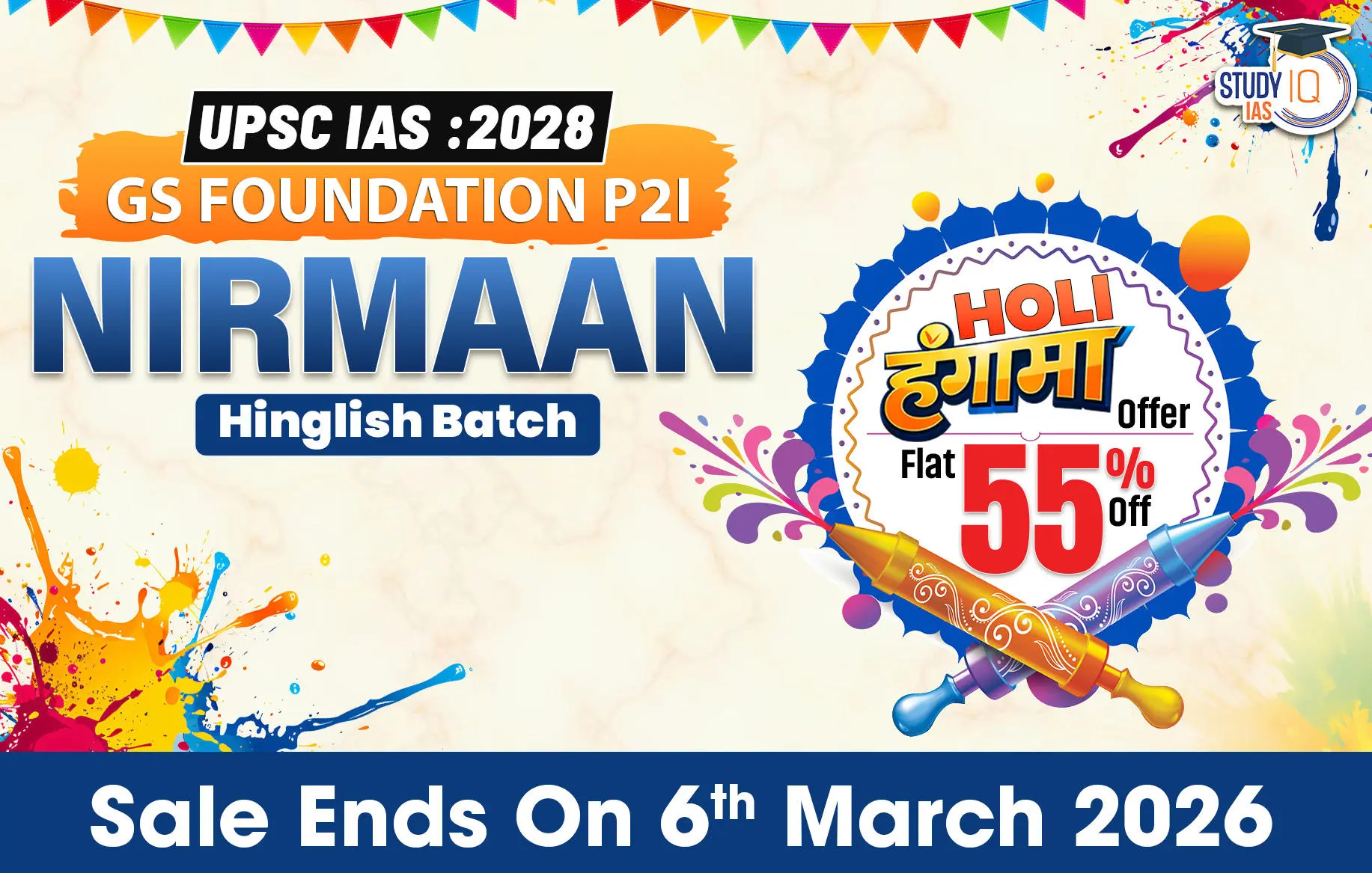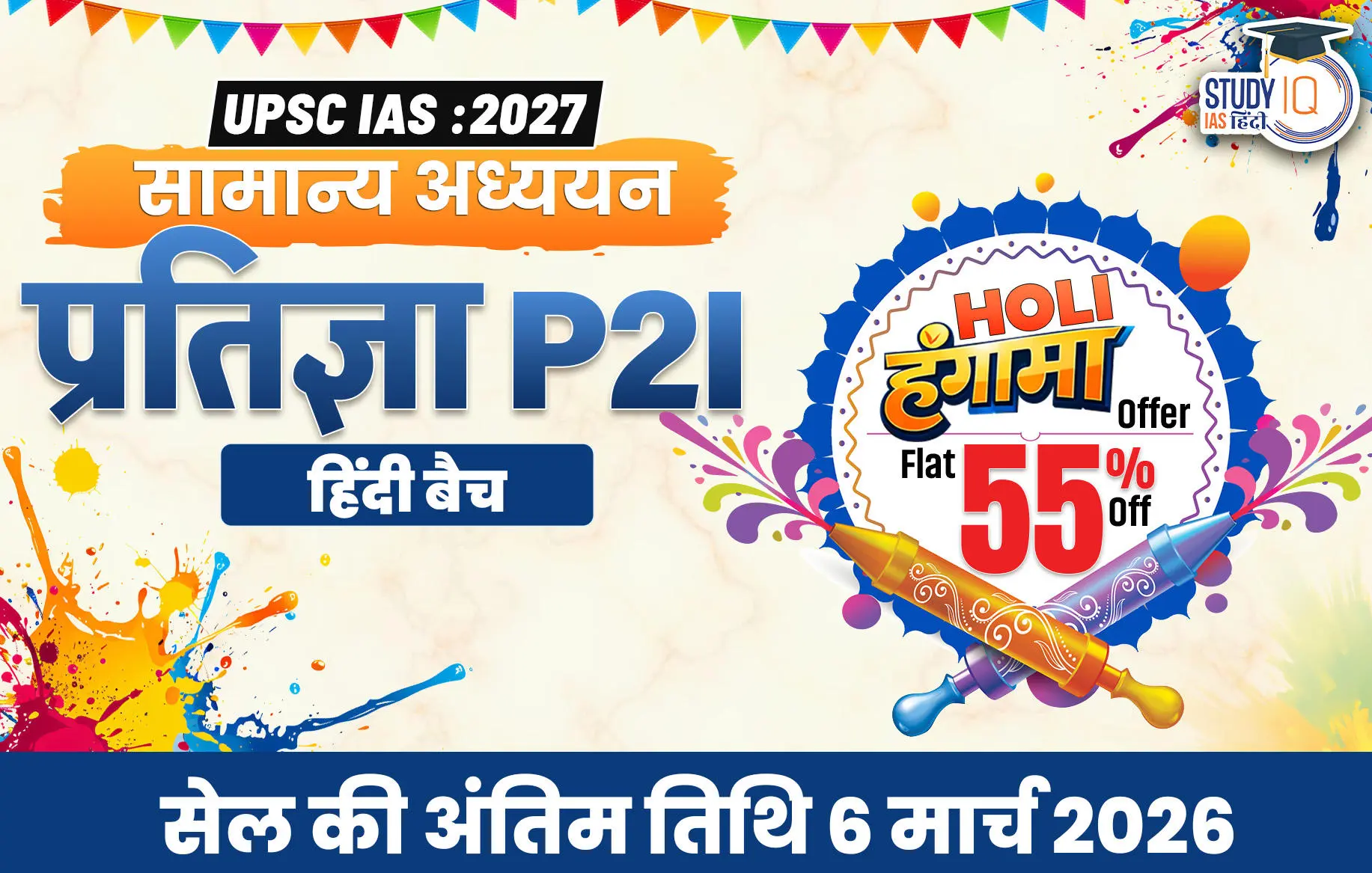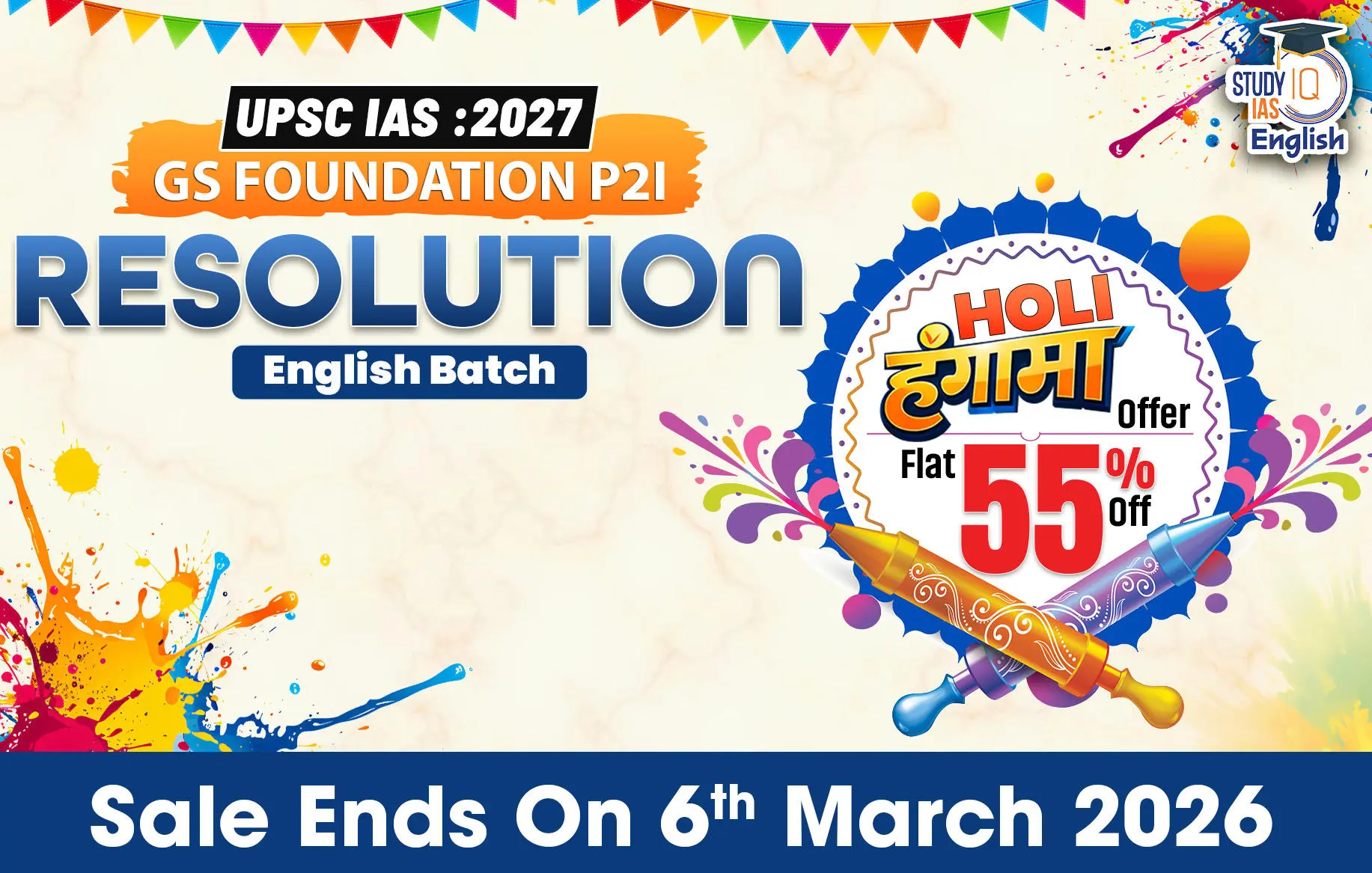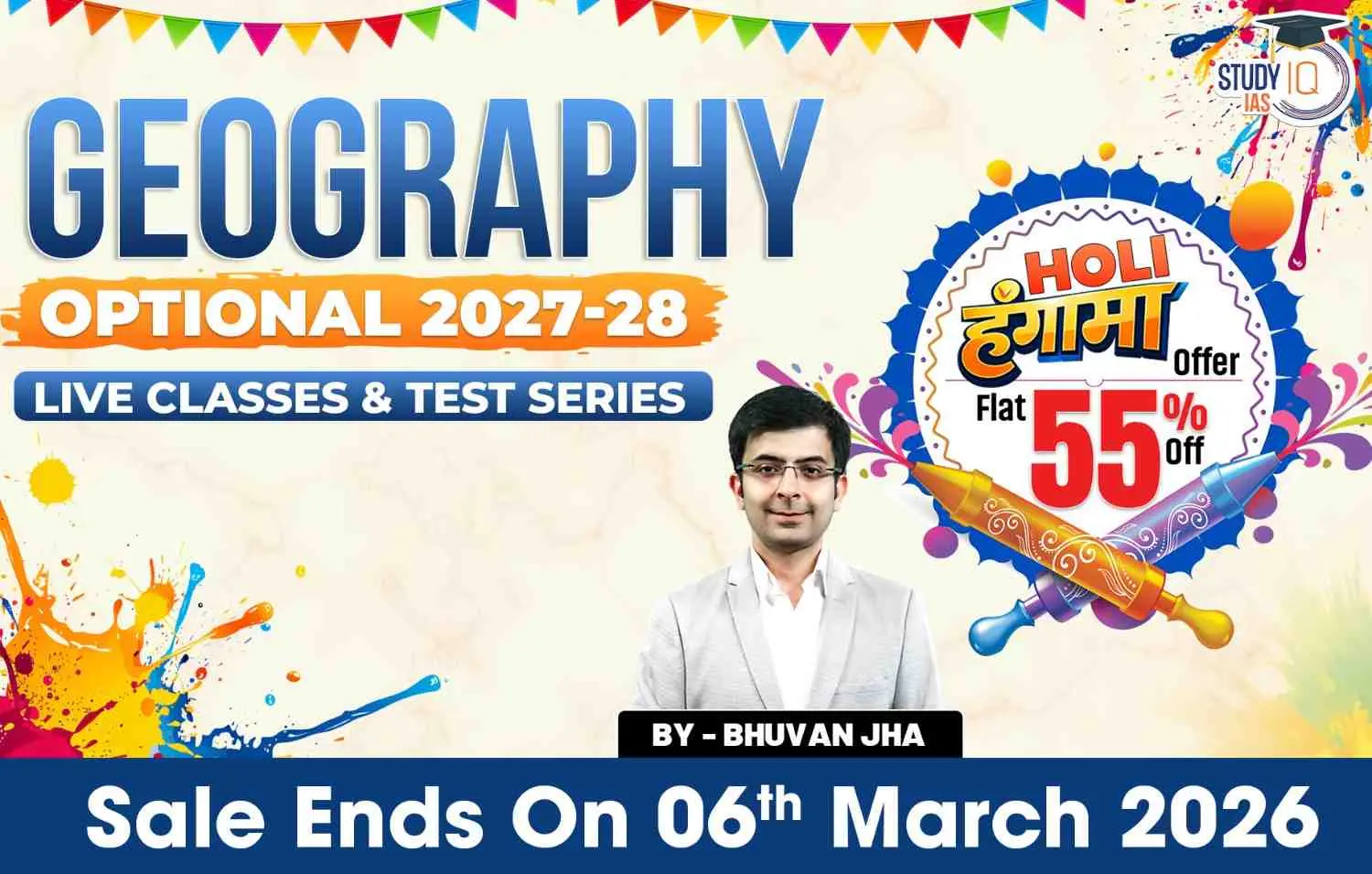Q20. The reform process in the United Nations remains unresolved, because of the delicate imbalance of East and West and entanglement of the USA vs. Russo-Chinese alliance.” Examine and critically evaluate the East-West policy confrontations in this regard.
| Approach: Begin with the context of UN reforms and their stagnation. Examine East–West confrontations over UNSC expansion, veto power, ideology, and regional rivalries. Critically evaluate how these block reforms and erode legitimacy. Highlight India’s stakes and strategies. Conclude by stressing collective responsibility and constitutional morality for democratizing global governance. |
Model Answer
The UN was created in 1945 to maintain peace and cooperation. Its structure reflects post-WWII realities, not today’s multipolar world. Reforms remain stalled due to power rivalries. The main deadlock arises from the U.S.-led West and the Russo–Chinese bloc.
How East–West Confrontations stall UN reforms
- Security Council Expansion
- USA, UK, France support reform in principle but avoid firm commitments.
- Russia supports India but resists Japan.
- China opposes India and Japan strongly.
- Veto Power
- P5 see veto as essential to power.
- USA uses it for Israel.
- Russia and China use it for Syria and Ukraine.
- Reform proposals threaten this privilege.
- Ideological Conflict
- West promotes humanitarian intervention and R2P.
- Russia–China stress sovereignty and non-interference.
- This divide blocks consensus on reform.
- Regional Rivalries
- The Uniting for Consensus group opposes G4 bids.
- China backs this group against India and Japan.
- Geopolitical Flashpoints
- Ukraine and Gaza debates show UNSC paralysis.
- The Council becomes a battleground of vetoes, not solutions.
Critical Evaluation
- The system is locked by P5 privileges.
- Normative visions differ: liberal order vs sovereignty-first.
- Global South remains sidelined.
- UN legitimacy is eroding.
- Minilateral forums like G20, BRICS, Quad gain importance.
- Partial fixes like GA veto debates increase transparency, not reform.
India’s Stakes
- India represents one-sixth of humanity.
- It is a nuclear power and peacekeeping leader.
- USA, UK, France, Russia support India.
- China blocks India’s permanent seat.
- For India, reform is both justice and strategy.
Way Forward
- Build coalitions with G4 and Africa.
- Push incremental reforms like longer-term elected seats.
- Promote veto restraint initiatives.
- Use G20 and BRICS to pressure P5.
- Act as a bridge between North and South.
The UN reform impasse reflects East–West rivalry more than institutional weakness. Without power-sharing, the UN risks irrelevance. India must persist with coalition-building and normative leadership to democratize global governance.

 UPSC Final Result 2025 Soon: Check CSE M...
UPSC Final Result 2025 Soon: Check CSE M...
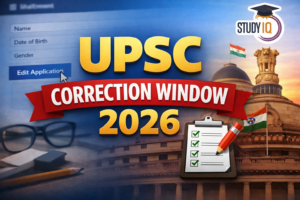 UPSC Correction Window 2026: Dates, Dire...
UPSC Correction Window 2026: Dates, Dire...
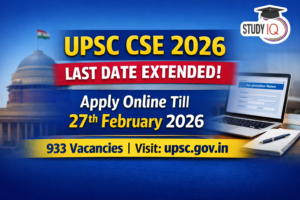 UPSC CSE 2026 Last Date Extended to 27 F...
UPSC CSE 2026 Last Date Extended to 27 F...
